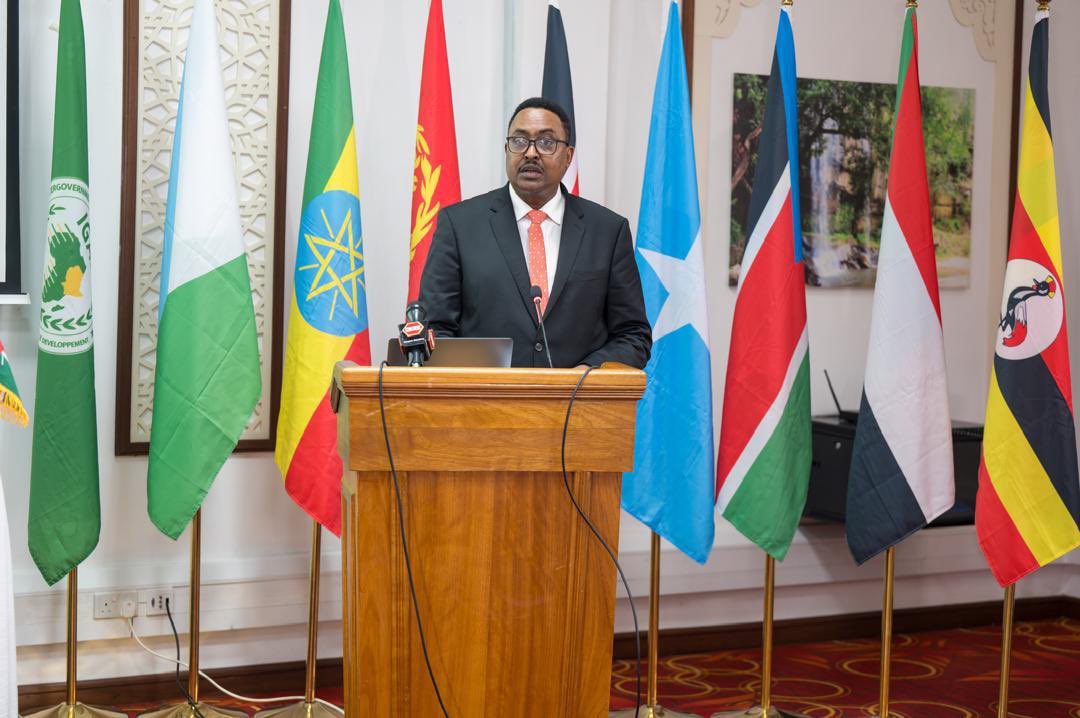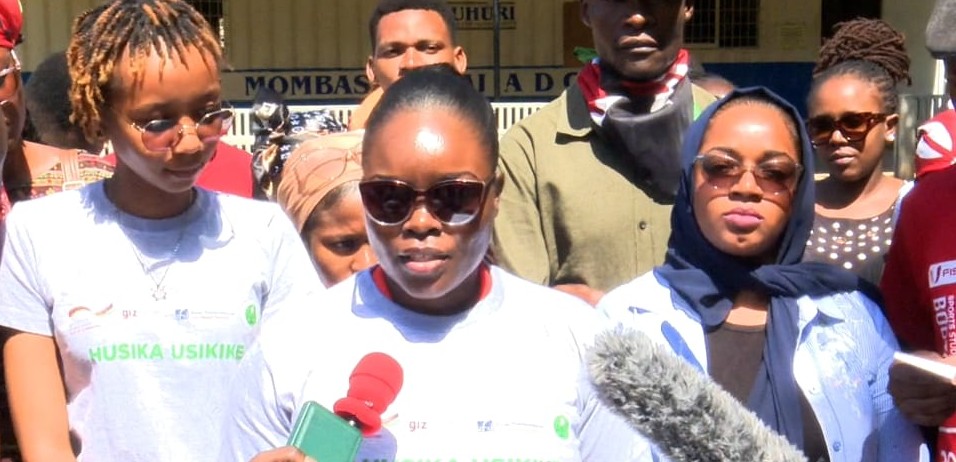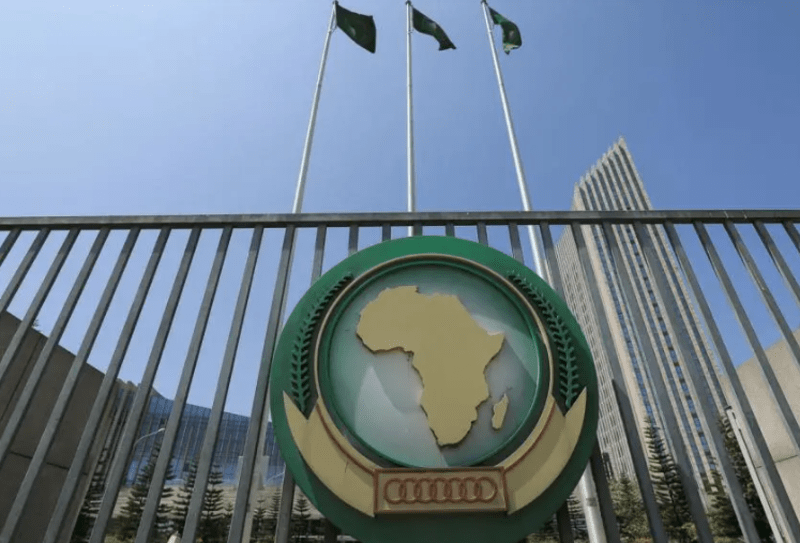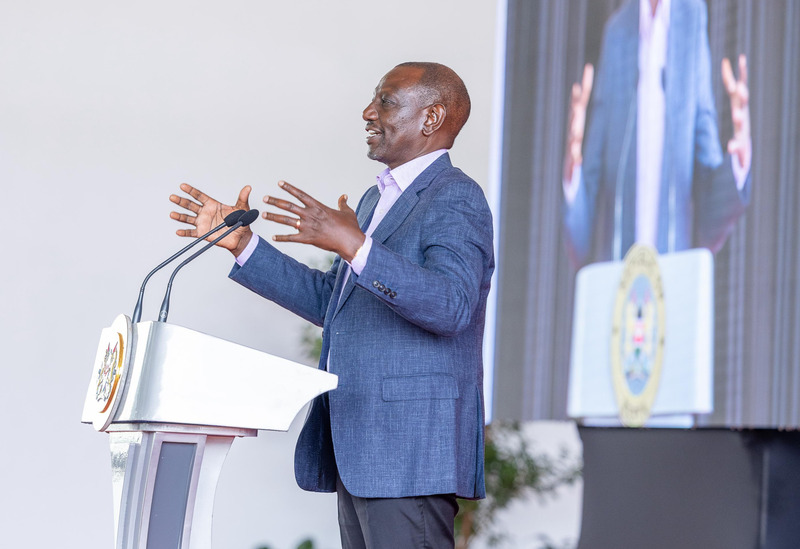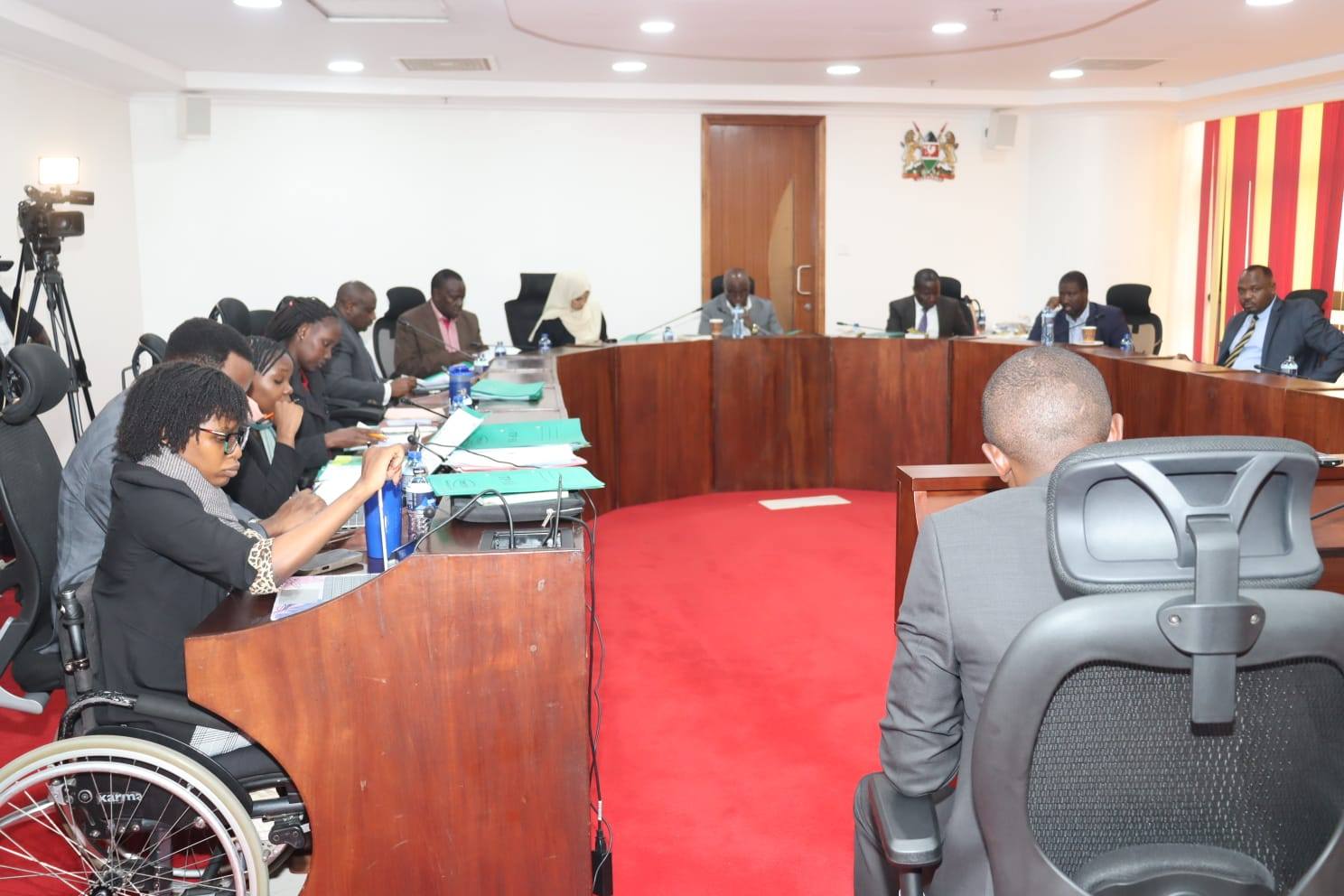Executive undermining Parliament’s independence, says Kivutha Kibwana
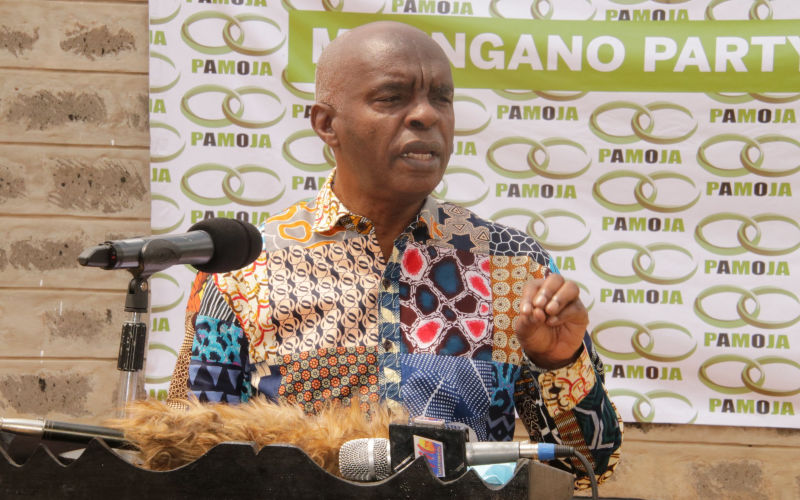
The former governor noted that corruption and patronage extend beyond Parliament, saying that legislators who distribute CDF projects to relatives and allies rarely face scrutiny.
Former Makueni Governor Prof Kivutha Kibwana has alleged that Parliament has grown weaker under the influence of the executive, saying legislators often prioritise loyalty to party leaders and government directives over independent judgment.
Speaking during an interview on NTV on Wednesday, August 27, 2025, argued that practices such as reliance on Constituency Development Funds (CDF) and party-controlled nominations have encouraged political patronage, limiting Parliament’s ability to provide effective oversight.
More To Read
- Drama as former nominated Senator Gloria Orwoba barred from Senate despite court reinstatement
- MPs call on IEBC to curb soaring election costs by regulating legal fees
- Why Lagdera MP Abdikadir Hussein believes CDF funds are a game changer to Northern Kenya
- Petition to move Jomo Kenyatta’s remains from Parliament put on hold
- CJ Martha Koome pushes back against criticism over parliamentary interference
- Frequent court injunctions threaten to stall Parliament’s work, Wetang’ula warns
Kibwana claimed that the executive has compromised the legislature to the point that it is now among the weakest in Kenya’s history since independence. He said lawmakers frequently act on party instructions, sometimes even through simple text messages, rather than exercising independent thought on issues of national importance.
“The executive has compromised the legislature. We have had one of the weakest parliaments since 1963,” he alleged, adding that many legislators focus more on securing development funds and maintaining loyalty to their parties than strengthening accountability in government.
He pointed out that the structure of political parties in Kenya further entrenches this weakness. Many parties, he said, are controlled by powerful individuals and often demand loyalty or financial contributions from aspirants during nominations. Such practices, Kibwana argued, foster a culture where legislators feel indebted to party leaders and are less willing to challenge the executive.
"These political parties are, if one can say, owned by people. And sometimes you have to pay to be nominated. And either you pay cash or you can pay through loyalty. So that you say that when you are asked to jump, you will ask how high."
The former governor also noted that corruption and patronage extend beyond Parliament, saying that legislators who distribute CDF projects to relatives and allies rarely face scrutiny.
“When you are in Parliament and manage CDF, sometimes awarding contracts to relatives or friends, no one tells you it is wrong. But a file is kept, and when the executive asks you to do something and you refuse, they remind you of that file. That is why both institutions have major problems. And I am not saying all legislators,” he said.
He maintained that the public service has highly competent professionals capable of driving the country forward, but many operate under the fear of political interference.
Despite these challenges, Kibwana defended devolution, arguing that county governments—though also facing corruption concerns—have brought development closer to citizens. He said devolution has given communities a stronger sense of participation in governance compared to the centralisation of power in Nairobi.
Top Stories Today




